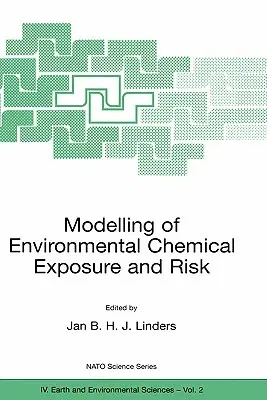Modelling of Environmental Chemical Exposure and Risk (2001)Hardcover - 2001, 31 January 2001

Qty
1
Turbo
Ships in 2 - 3 days
In Stock
Free Delivery
Cash on Delivery
15 Days
Free Returns
Secure Checkout

Part of Series
NATO Science Series: IV:
Part of Series
NATO Asi
Part of Series
NATO Asi Series. Partnership Sub-Series 3, High Technology
Part of Series
NATO Science
Part of Series
NATO Science Series: IV: Earth and Environmental Sciences
Part of Series
NATO Science Series: IV: (Closed)
Print Length
275 pages
Language
English
Publisher
Springer
Date Published
31 Jan 2001
ISBN-10
0792367758
ISBN-13
9780792367758
Description
Product Details
Book Edition:
2001
Book Format:
Hardcover
Country of Origin:
US
Date Published:
31 January 2001
Dimensions:
23.39 x
15.6 x
1.75 cm
Genre:
Ecology
ISBN-10:
0792367758
ISBN-13:
9780792367758
Language:
English
Location:
Dordrecht
Pages:
275
Publisher:
Series:
Weight:
585.13 gm